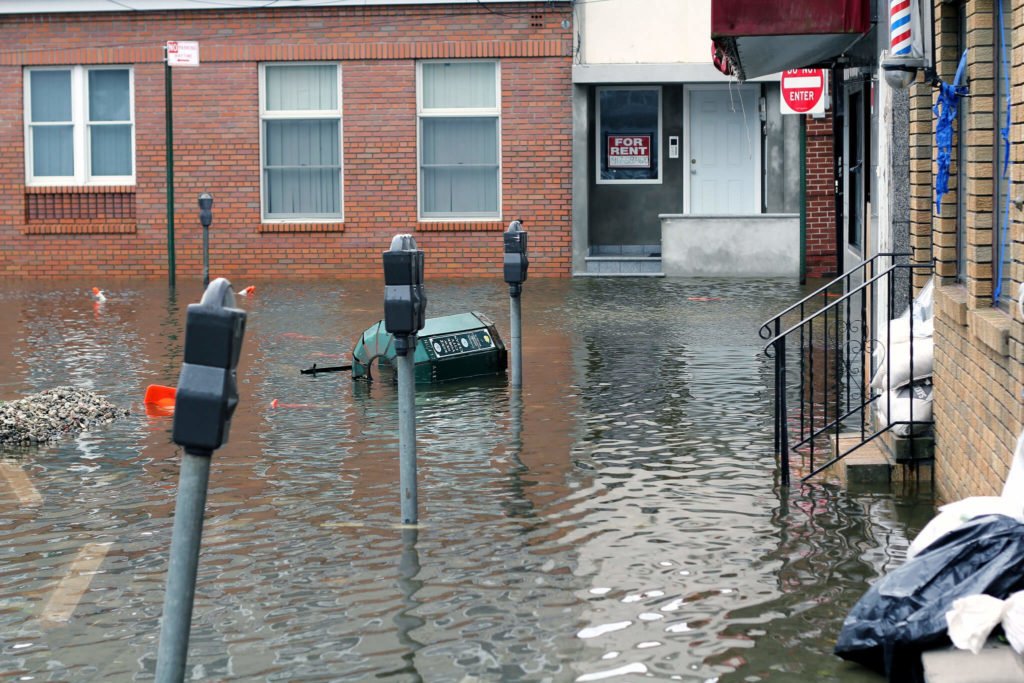Featured
Why the economy and real estate are giving off two different signals
The real estate landscape and the economy in the US are moving at different paces and toward different directions.

Look at the economy today and you’ll see that the real estate market seems to be going in another direction. We’re seeing constant record highs when it comes to the DOW, yet comparatively low economic growth. We’re also not seeing real estate prices constantly hitting record highs.
According to the latest economic news, real estate and the economy are not moving in the same direction. Let’s look at the reasons for this.
Corporate performance is not the same thing
The DOW has hit over 23,000 points and it keeps hitting record highs. You may think that this is the same as growth in all sectors. But the fact is the growth of the economy is about a range of factors, and it doesn’t always have to mean real estate prices are going up.
They are, naturally, but they’re not going up at the same rate and they’re not returning to the good times of 2007.
And that’s because…
Lending to consumers is different
Lending to an individual is very different from lending to a company. Corporate investment hasn’t changed, but for the individual, it’s harder than ever to get a loan. The sub-prime mortgage market has been curtailed, so the buyers are forced prices higher than in the past are no longer able to obtain loans.
That’s another reason why you’re not seeing the same tremendous growth in the real estate market.
Overvalued companies are rampant
The data from the stock market often gives us a false view of how the country is really doing. Just because the stock market is high doesn’t mean the economy is doing well, as we explained above.
Sometimes a valuation can come off the back of nothing. Take the gun stock Sturm Ruger as an example. After the Las Vegas Shooting Ruger shares increased by 4% just because the shooting happened. Did the company become 4% more valuable? Of course not. Ruger did nothing to warrant its shares rising in that fashion.
Unfortunately, in the raging bull market we have now, there’s nothing stopping overvaluation. So the economy is moving further and further away from reality, which just isn’t happening with real estate.

The natural disasters in the US are just among the factors that affected the prices of real estate. (Photo by Pamela Andrade via Flickr. CC BY 2.0)
The impact of natural disasters
Natural disasters in the US have been unprecedented in the past year. Across many areas of the country, this has helped keep real estate prices down, without hitting the wider economy. Q3 GDP results from the United States reveal that the US hasn’t felt any pain from the various floods and hurricanes at all. Real estate, on the other hand, has taken a huge hit.
Beware of false positives
It’s easy to believe that real estate is the number one sector you should look at in an economy.
But by looking at real estate prices now you would think that the United States is on its knees. That couldn’t be further from the truth. However, if you only look at the economy you may think that we’re inside a boom period. We’re not.
Taken together you can get a more accurate snapshot of the situation within the US today.
And the snapshot is an overvalued stock market that’s heading for a downturn, sluggish growth numbers, a struggling currency, yet an ideal time to invest in real estate.
—
DISCLAIMER: This article expresses my own ideas and opinions. Any information I have shared are from sources that I believe to be reliable and accurate. I did not receive any financial compensation in writing this post, nor do I own any shares in any company I’ve mentioned. I encourage any reader to do their own diligent research first before making any investment decisions.

-

 Fintech2 weeks ago
Fintech2 weeks agoSwissHacks 2026 to Launch Inaugural Swiss FinTech Week in Zurich
-

 Cannabis6 days ago
Cannabis6 days agoColombia Moves to Finalize Medicinal Cannabis Regulations by March
-

 Crowdfunding2 weeks ago
Crowdfunding2 weeks agoReal Estate Crowdfunding in Mexico: High Returns, Heavy Regulation, and Tax Inequality
-

 Markets1 day ago
Markets1 day agoMiddle East Escalation Sparks Market Uncertainty as Oil and Gold Poised to Rise


























You must be logged in to post a comment Login